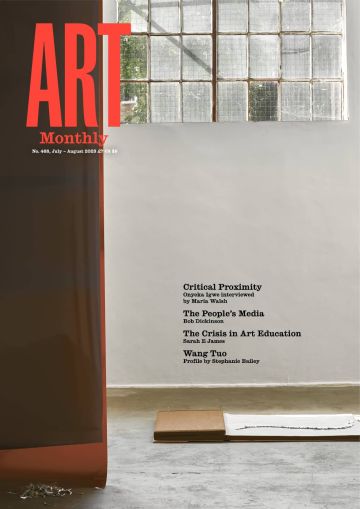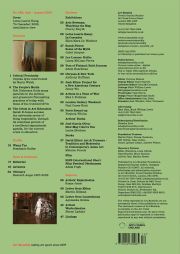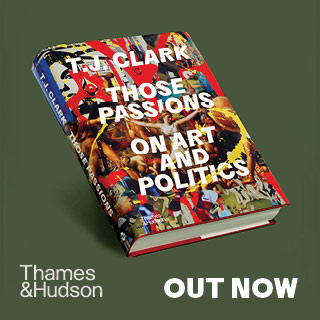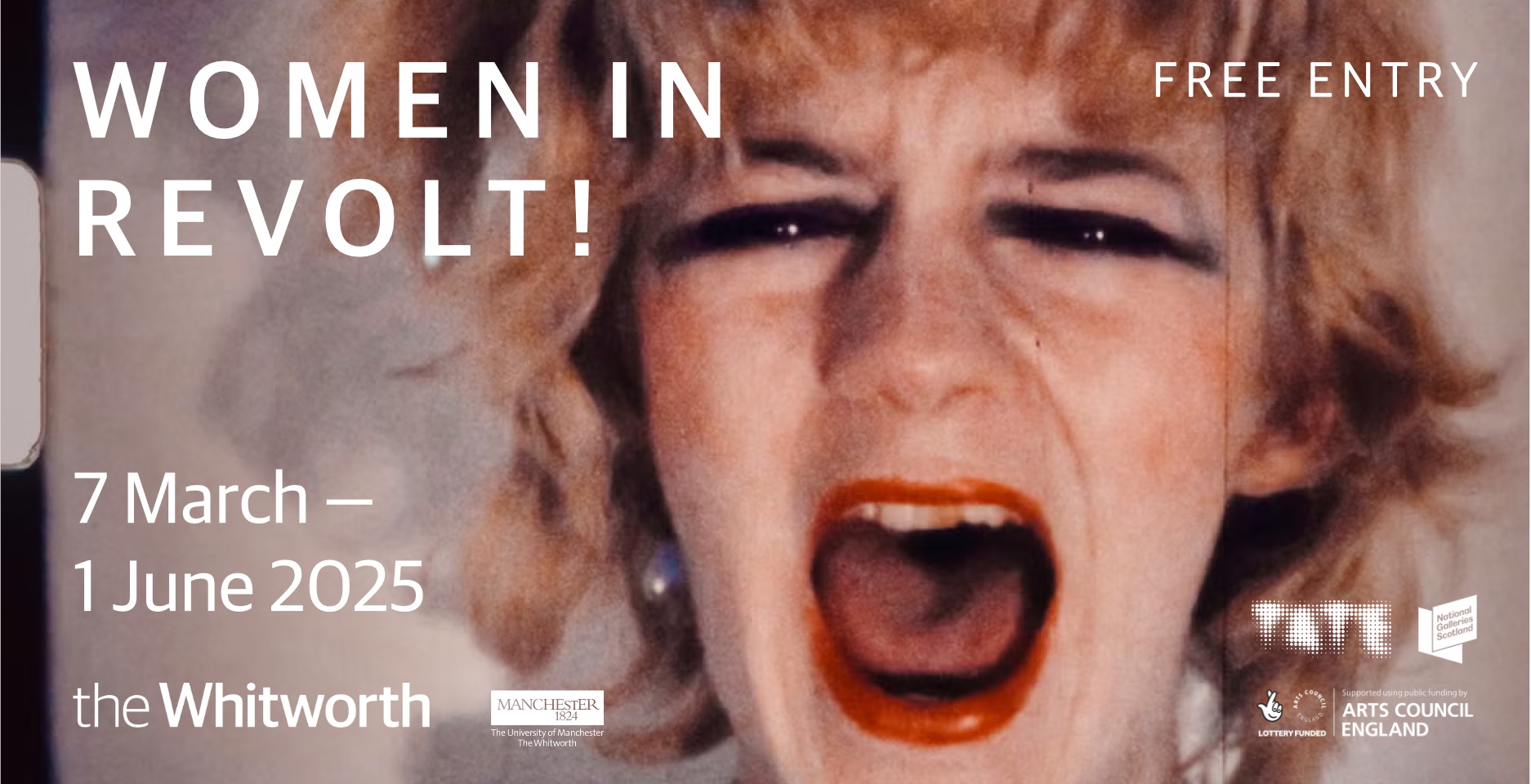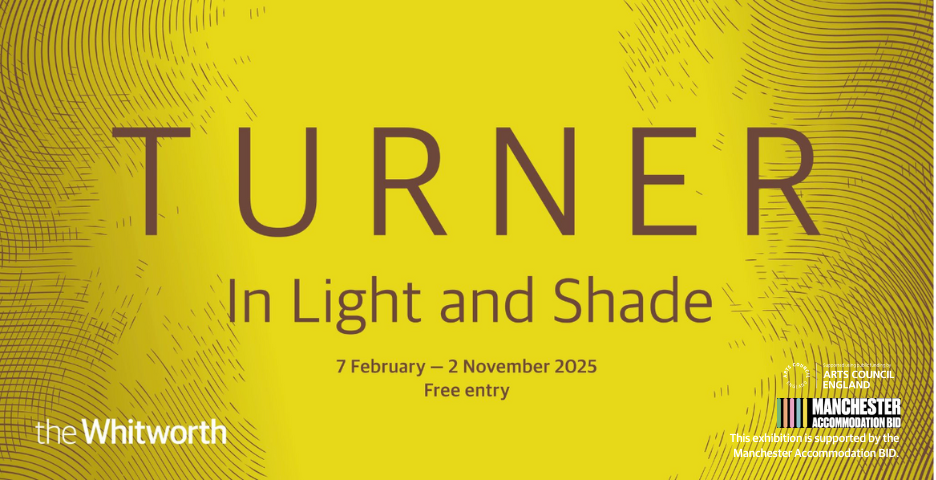Art Monthly 468
Jul-Aug 2023
Onyeka Igwe
Interviewed by Maria Walsh
The People’s Media
Bob Dickinson
The Crisis in Art Education
Sarah E James
Wang Tuo
Profile by Stephanie Bailey
Buy Now – select:
Want to read this right now?
Get instant access to the entire back catalogue via Exact Editions from only £8.99!
Contents
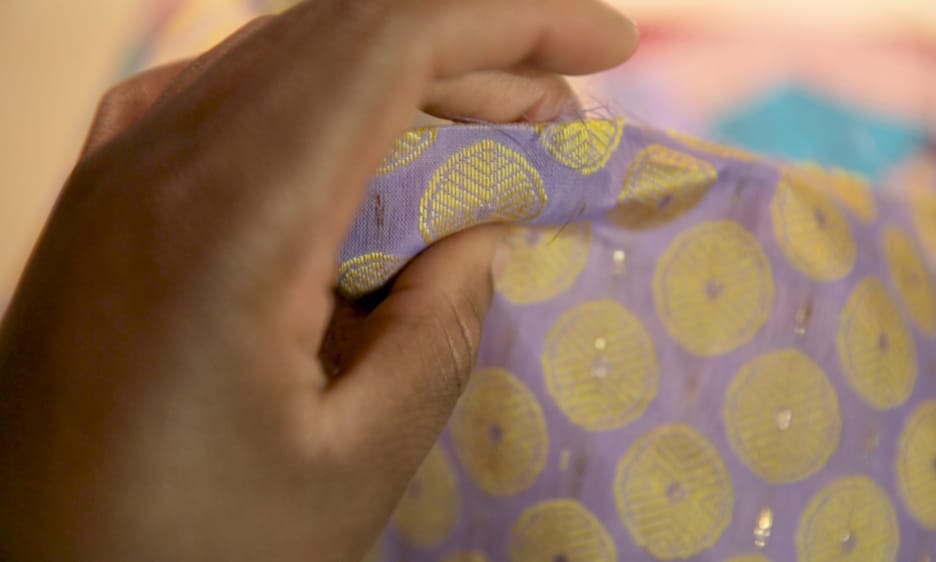
Onyeka Igwe, Her Name in My Mouth, 2017
Interview
Critical Proximity
Onyeka Igwe interviewed by Maria Walsh
Film is an organic material, it continues to degrade and corrode, so all of those elements spoke to a certain relationship to history that I felt in Nigeria. You don’t need to see the films to understand it; you can see it from what’s left of the films.
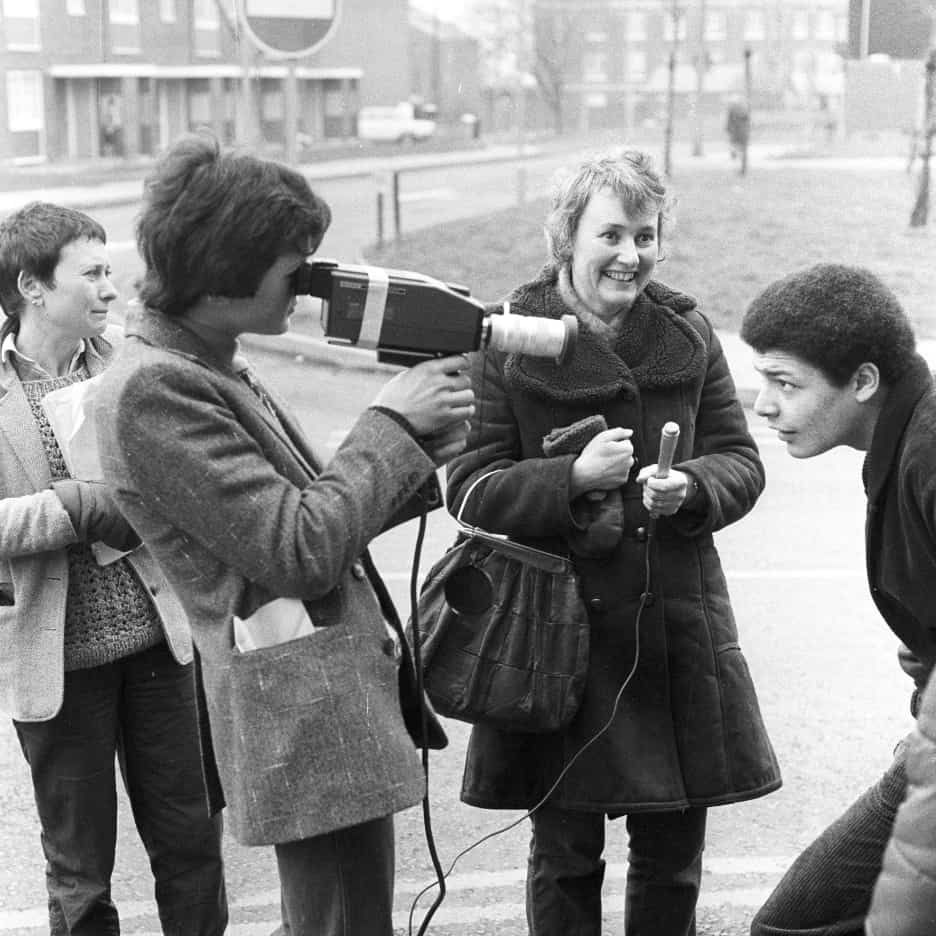
a group of tenants in Langley, Oldbury, highlighting the problems with damp in council properties, 1981, made with Jubilee Arts
Feature
The People’s Media
Bob Dickinson finds many parallels in the politics and grassroots filmmaking practices of today with those of the troubled 1970s
In some ways, the 1970s and 1980s – divisive years leading to Margaret Thatcher’s ascent to power, when industries were deliberately wound down and trades unions mercilessly confronted by the government and the police while racism and poverty rose – have become a disturbing forebear of present-day British society.
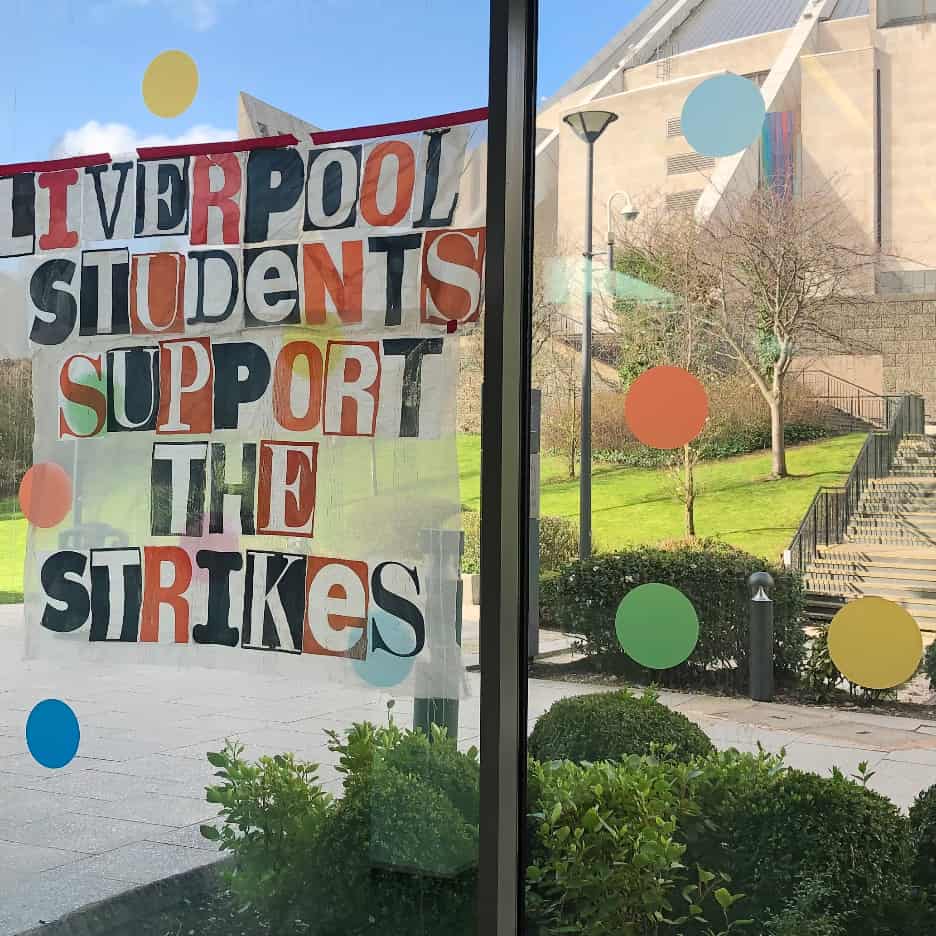
Holli Armstrong, Liverpool Students Support the Strikes, 2023, Liverpool John Moores University
Feature
The Crisis in Art Education
Sarah E James accuses university executives of being responsible for the current crisis in education
The neoliberal and expansionist agendas of senior university management teams have been directed by an aggressive and often poorly planned drive to transform their once-public institutions, fuelled by short-term vision coupled with a phenomenal amount of accumulated debt, that has resulted in the staggeringly unsuccessful privatisation of the whole sector.
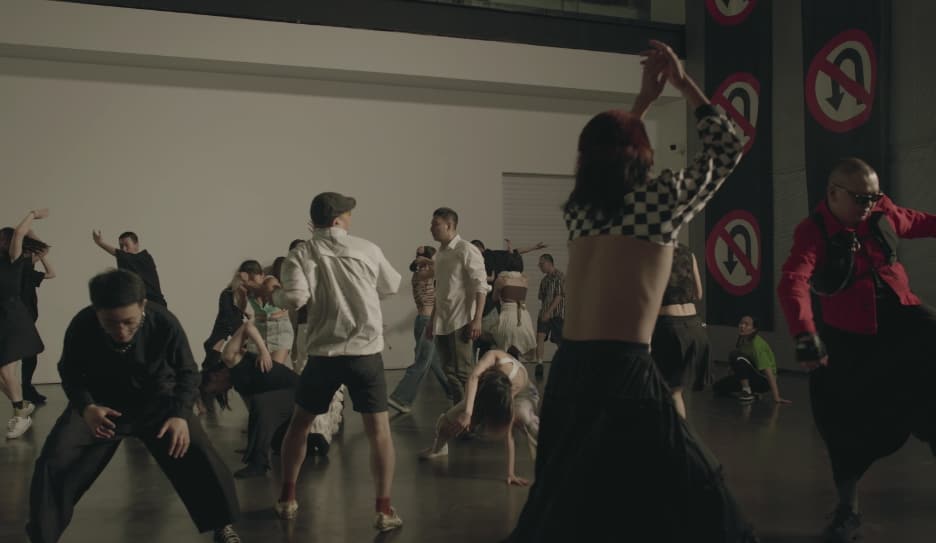
Wang Tuo, The Second Interrogation, 2023
Profile
Wang Tuo
Stephanie Bailey
After Wang Tuo opened ‘The Second Interrogation’ at Hong Kong’s Blindspot Gallery in March this year, people reached out to see if the artist was in danger.
Editorial
ACE in the Corner
The recently reignited row over ACE’s decisions regarding its flagship National Portfolio funding scheme is focused on the wrong target: it was the government which instructed ACE to shift £24m of funding away from London-based organisations while expecting it to plug a multi-billion-pound hole in arts education despite ACE receiving only £359m in state funds.
The real issue is that ACE is required to do too much with too little, not least making up for the lack of arts teaching in schools which, pace Nicholas Serota’s game defence of its role in his reply to Nicholas Hytner, was never part of ACE’s remit.
Artnotes
Clusterfund
The government has published its myopic ‘Vision’ for the creative industries sector; two sets of ACE funds allow organisations to ‘transform’ and ‘transition’ – possibly out of existence; cuts to the arts are planned in both Northern Ireland and Glasgow; the National History Museum belatedly apologises for hosting the ‘hateful rhetoric’ of the NatCon conference; the British Museum finally cuts ties with BP; hundreds of volunteers restore an artwork that had been attacked by a racist vandal; plus the latest on galleries, people, awards and more.
Obituary
Kenneth Anger 1927–2023
Dominic Johnson
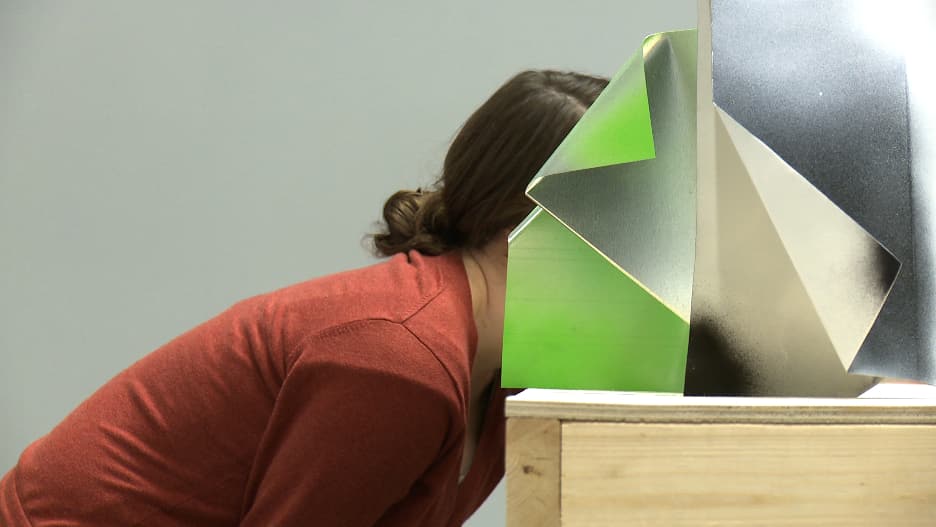
Sarah Pierce, Lost Illusions/Illusions perdues, 2014, on show at IMMA, Dublin
Exhibitions
Avis Newman: Watching the Map
Maureen Paley, London
Cherry Smyth
Lotus Laurie Kang: In Cascades
Chisenhale Gallery, London
Ellen Mara De Wachter
Sarah Pierce: Scene of the Myth
IMMA, Dublin
Juliet Jacques
Lee Lozano: Strike
Pinacoteca Agnelli, Turin
Laura McLean-Ferris
Tom of Finland: Bold Journey
Kiasma, Helsinki
Adam Heardman
Chryssa & New York
Dia Chelsea, New York
Anthony Huffman
Josh Kline: Project for a New American Century
Whitney Museum of American Art, New York
Jenny Wu
Artists in a Time of War
Castello di Rivoli, Turin
Max L Feldman
London Gallery Weekend
various venues
Paul Carey-Kent
Paris Round-up
Musée Picasso Paris • Palais de Tokyo • Giacometti Foundation
Virginia Whiles
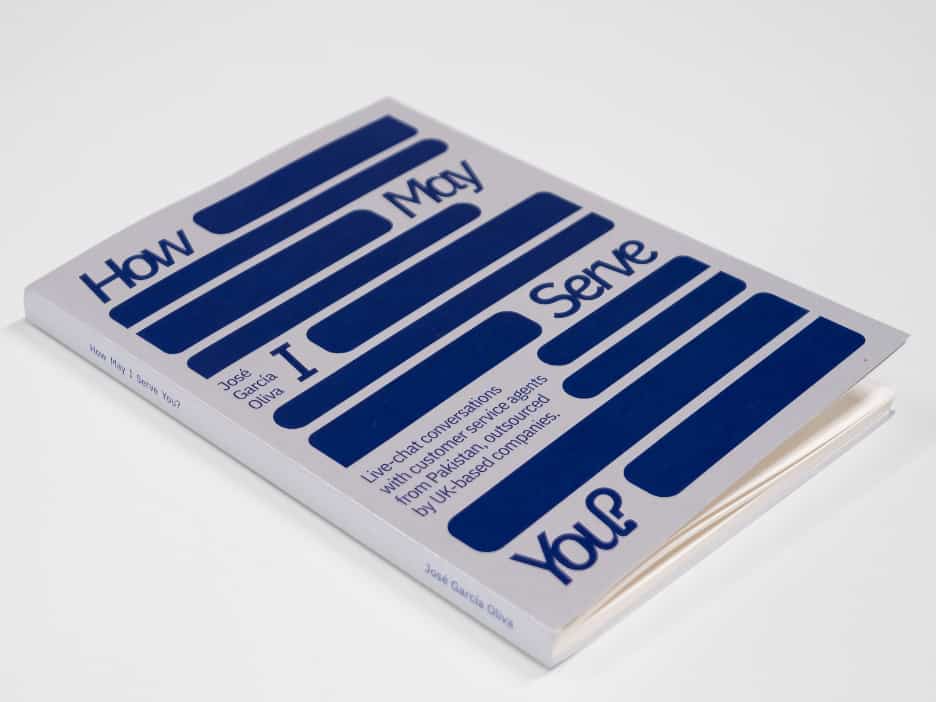
José García Oliva, How May I Serve You?
Artists’ Books
José García Oliva: How May I Serve You?
Laura Bivolaru
Malik and Saadia are trained to adapt their accent depending on the location of the customer, but they cannot disclose where they are based. Mirrors are installed in their cubicles as a reminder to keep on smiling.
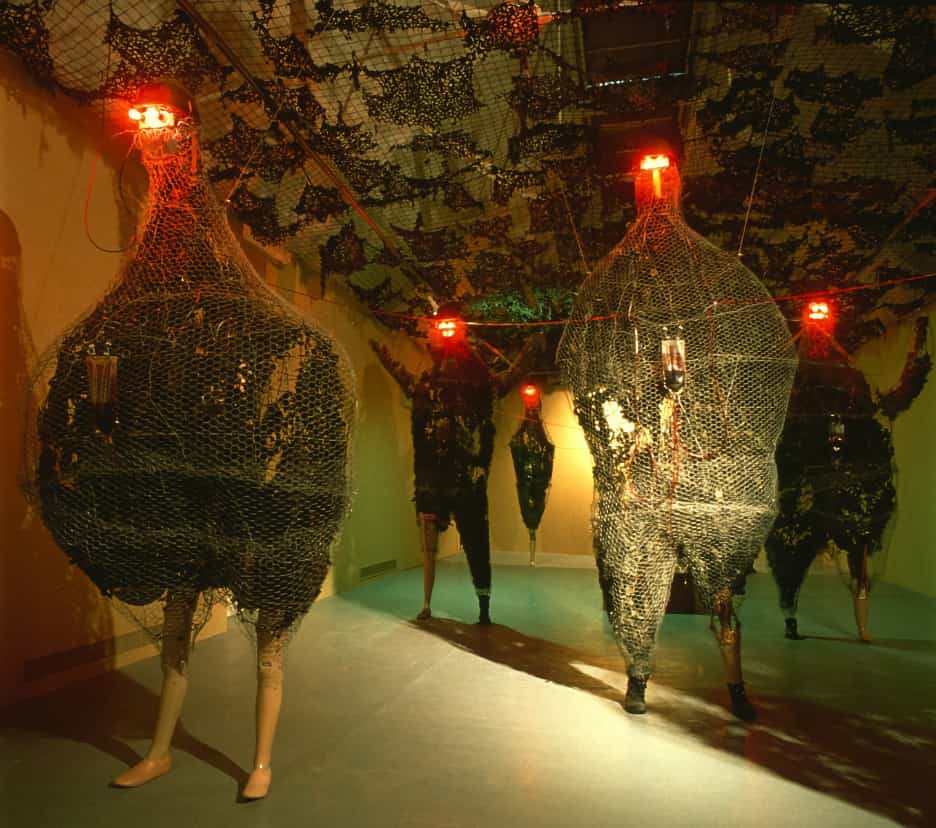
Heri Dono, Blooming in Arms, Modern Art Oxford, 1996
Books
David Elliot: Art & Trousers – Tradition and Modernity in Contemporary Asian Art
Melanie Pocock
David Elliot highlights the responsibility of curators towards artists upon their return to home countries, where – in the case of Indonesian artist Heri Dono – the fallout from an ‘incendiary’ presentation abroad can threaten their career and safety.
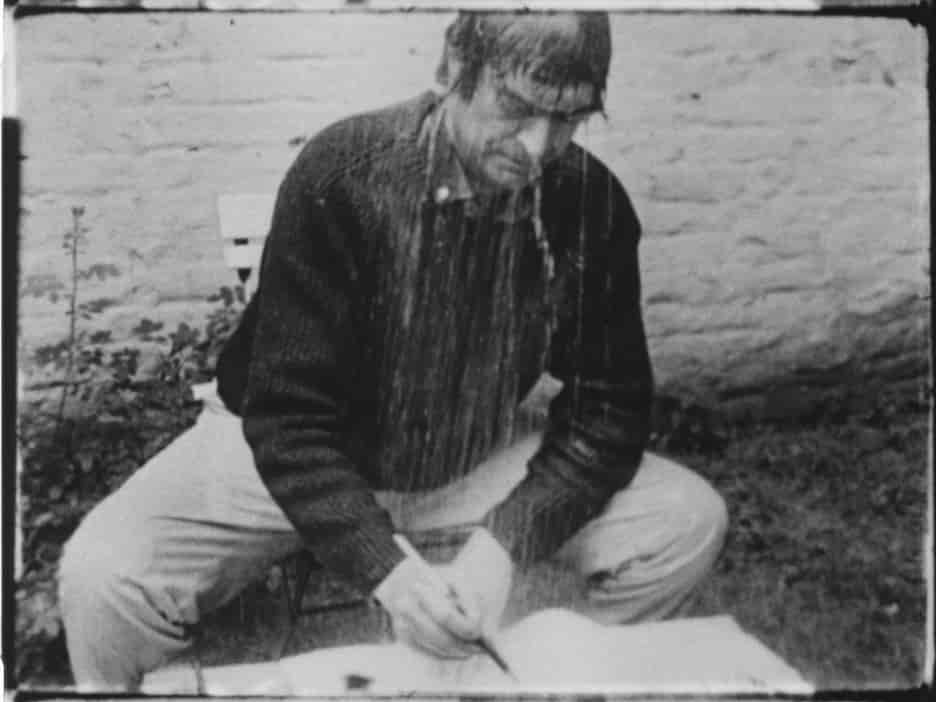
Marcel Broodthaers, La Pluie, 1969
Film
2023 International Short Film Festival Oberhausen
Adam Pugh
As the tenor of Maria Gilissen Broodthaers’ spirited commentary suggested, to look to the past is not to consult a closed book, but rather the opportunity to repopulate the present.
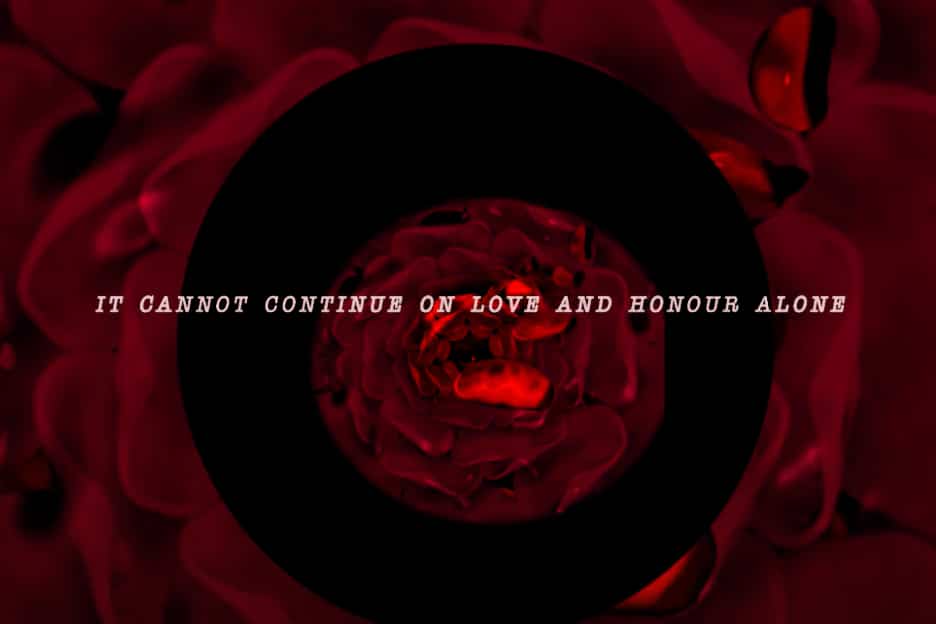
Lindsay Seers, No Money is Included, 2022, produced for ‘Frank – Fair Pay for Artists’
Reports
Artists’ Exploitation
Susan Jones
The root cause of artists’ poor social and economic status in the UK is the inherent friction between, on the one hand, the economic rationale and curatorial preferences of arts organisations and, on the other, artists’ guiding motivations for their practices.
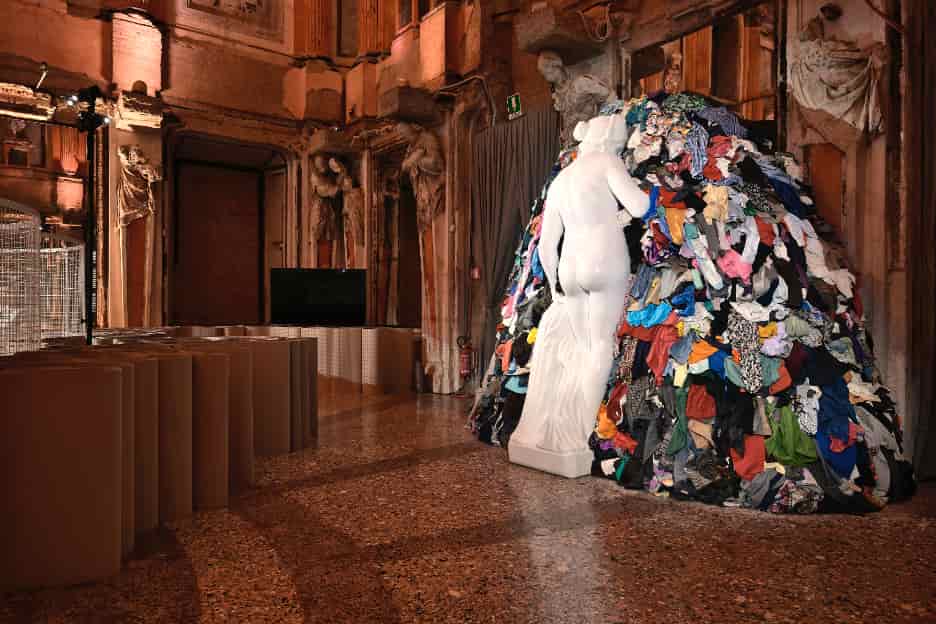
Michelangelo Pistoletto, Venus of the Rags, 1967
Reports
Letter from Milan
Martin Holman
New ‘London money’ has helped double rental prices in Milan with the consequent widening gap between the rich in exclusive west-end districts and least affluent residents.
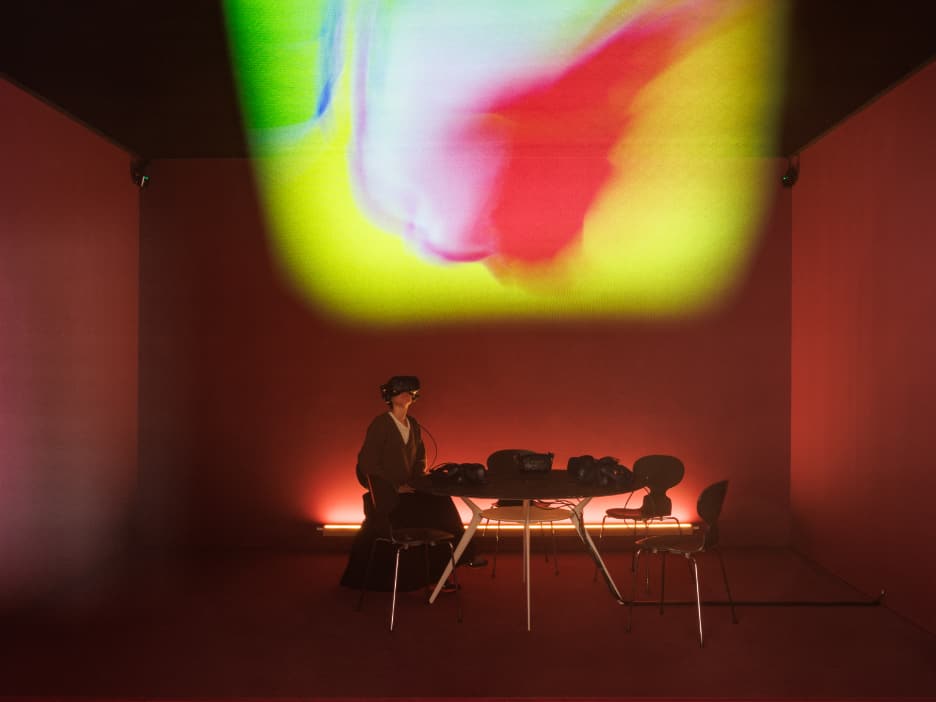
Dominique Gonzalez-Foerster, Endodrome, 2019
Reports
Letter from Luxembourg
Agnieszka Gratza
The economic, political and social stability which makes Luxembourg an attractive option for City of London firms looking to relocate somewhere in the EU post-Brexit, also, perhaps, makes the place seem a little boring and staid.
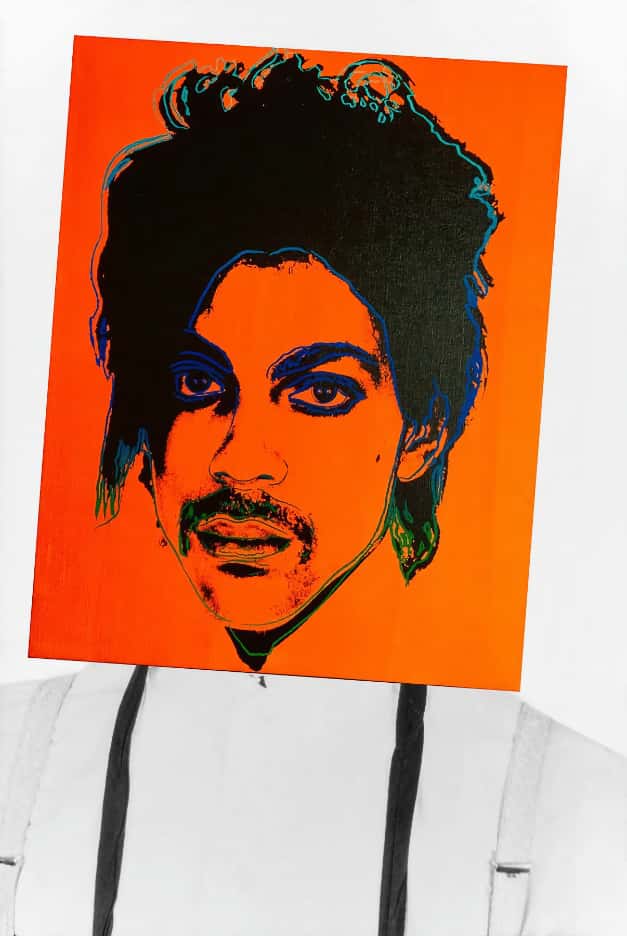
Andy Warhol’s Orange Prince portrait of the musician over Lynn Goldsmith’s original photograph, as reproduced in court documents
Artlaw
Warholisation
Henry Lydiate
In Justice Sonia Sotomayor’s opinion, whether a work is transformative does not turn merely on the stated or perceived intent of the artist, nor on the meaning or impression that a critic or a judge draws from the work; otherwise, copyright law might recognise any alteration as transformative.

